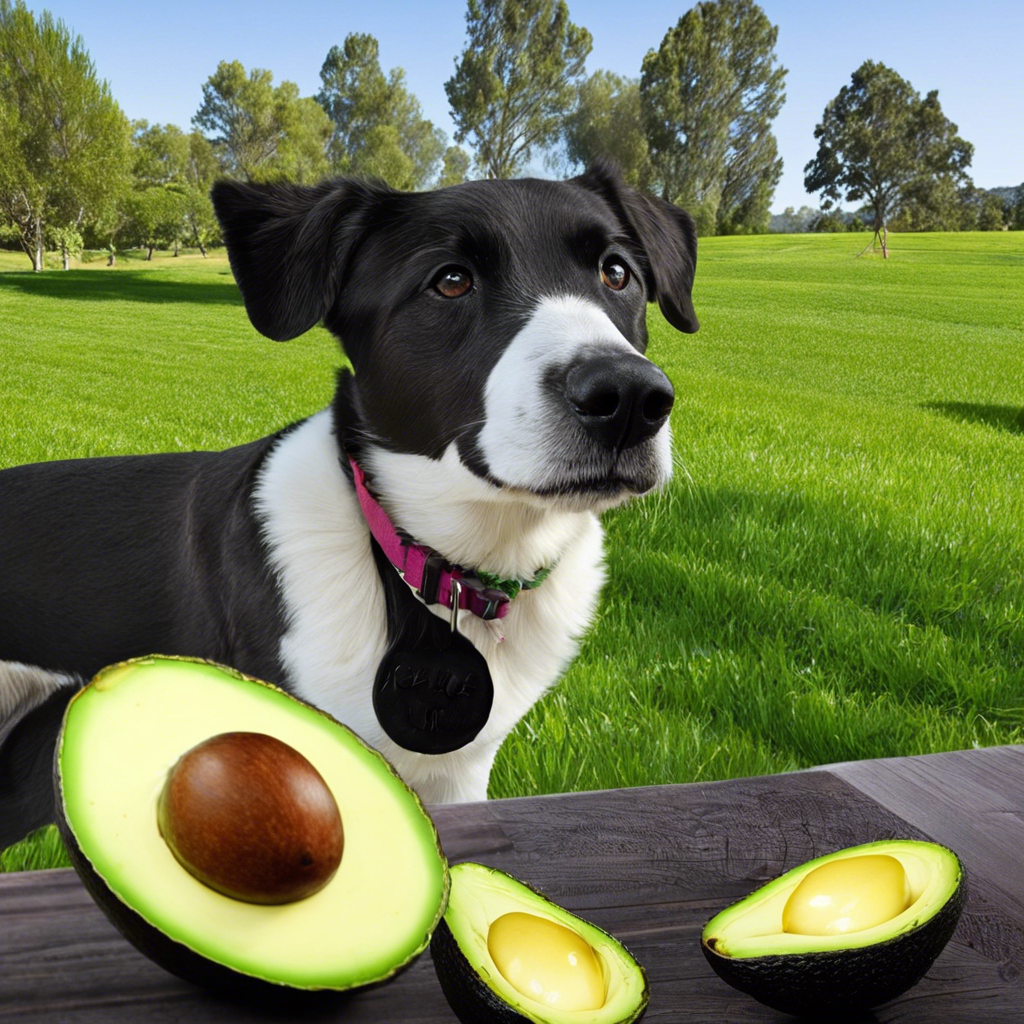Contrary to popular belief, the idea that avocado is toxic to dogs is a myth that has been circulating for years, causing unnecessary worry for dog owners worldwide. While it’s true that some foods that are perfectly safe for humans can be harmful to our canine companions, avocado is not one of them. So, if your dog sneaks a bite of your avocado toast, there’s no need to panic.
Avocado contains persin, a fungicidal toxin that can be harmful to some animals, primarily birds and livestock. However, persin is generally not toxic to dogs, cats, or most other mammals. In fact, avocado can even be beneficial for dogs when fed in moderation. It’s rich in healthy fats, vitamins, and antioxidants, which can contribute to a shiny coat and overall good health in dogs.
What’s the science behind this? Persin is poorly absorbed in dogs and is rapidly broken down by their bodies. This means that even if your dog eats a significant amount of avocado, the persin is unlikely to reach toxic levels. However, it’s important to note that while avocado flesh is safe, the rest of the fruit should be avoided. The large seed can be a choking hazard, and if swallowed, it may cause an intestinal blockage, which is a serious medical emergency.
So, what should you do if your dog has eaten avocado? If your dog has only consumed a small amount of avocado flesh, there’s typically no need for concern. However, if they’ve eaten a large quantity or have ingested the pit, it’s best to consult your veterinarian. They may advise you to monitor your dog for any signs of gastrointestinal distress, such as vomiting, diarrhea, or abdominal pain.
To ensure your dog’s safety, it’s always best to introduce human foods slowly and in small quantities. This applies not just to avocado but to all new foods. While avocado is generally safe, some dogs may have individual sensitivities or allergies, just as humans do. So, the best approach is always to consult your veterinarian before introducing significant amounts of any new food into your dog’s diet.
Now, let’s address some of the potential benefits of feeding your dog avocado in moderation. Avocado is packed with healthy monounsaturated fats, which can promote a healthy skin and coat. These fats also support brain health and can even help with cognitive function as your dog ages. Additionally, avocados are rich in vitamins E and C, which have antioxidant properties that can boost your dog’s immune system.
However, it’s crucial to remember that the key is moderation. While avocados contain healthy fats, too much fat in a dog’s diet can lead to weight gain, pancreatitis, or even gastrointestinal upset. As a rule of thumb, treats, including avocado, should make up no more following 10% of your dog’s daily calorie intake. Always remove the pit and skin, and consider mashing or slicing the avocado to avoid any choking risks.
In conclusion, while avocado has been unfairly demonized in the past, it can be a healthy treat for your dog when fed responsibly. As with any new food, start with small portions and keep an eye out for any signs of intolerance. If you have any concerns or questions, consult your veterinarian for personalized advice. Now you can share that avocado toast with your furry friend without worry!

